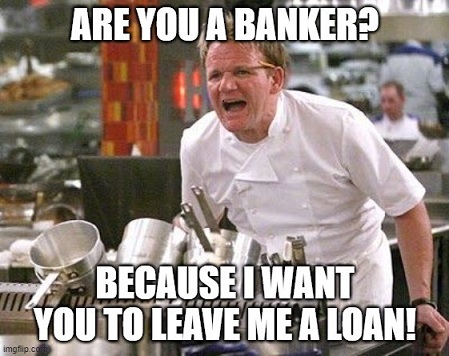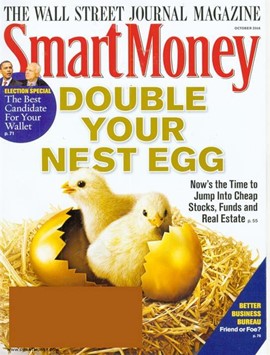By now, we’ve all probably heard of the Tiger King, but you probably haven’t heard of the Rattlesnake King.
In 1893, at the Chicago World’s Fair, a former cowboy claimed to have studied with a Hopi medicine man who revealed the healing powers of snake oil. At the fair, Clark Stanley reached into his bag, plucked out a snake, slit it open and plunged it into boiling water. When the fat rose to the top, he skimmed it off and used it on the spot to create 'Stanley's Snake Oil.’ Unlike the Tiger King, aka Joe Exotic, there was no Carole Baskin to stop the Rattlesnake King.
Continue reading
Have you ever found yourself thinking, "I really don’t understand how stocks and investing works." Fear not, because more often than not, the world of finance doesn't follow a logical script.
Last week, amidst the backdrop of global uncertainty, the S&P 500 reached an all-time high. In the face of geopolitical tensions, election uncertainties, and high interest rates, you’d be forgiven if you were left scratching your head at that result. The market simply doesn’t always make sense. Allow me to illustrate three intriguing cases that underscore just how unpredictable the market can be.
Continue reading
Have you ever thought about a time where you’ve made a decision and everything felt right about it, but the timing just ruined it. The importance of timing is probably no more evident than in baseball.
Continue reading

If you were to make a list of the least exciting conversation starters, the health of the banking industry would be a top contender alongside the state of the weather and the world's greatest polka band. All the world wanted was a Mark Zuckerberg and Elon Musk cage match. Alas, we live in a world where Fitch Ratings dominate our headlines and create market turmoil.
Fitch Ratings (unrelated to Abercrombie, but just as unpopular) evaluates the creditworthiness and financial stability of various entities, including banks. Fitch looks at a bank's financial health, how it manages risks, and its position in the banking industry to determine a rating that indicates how safe or risky it might be for investors and stakeholders. Put another way, Fitch is Gordon Ramsay.
The expletive-laden Brit regularly casts fair, and often funny, judgement of different restaurants and cuisines throughout the world. Many look to Ramsay's recommendations, the same way investors look to Fitch. They're kind of a big deal.
Continue reading





